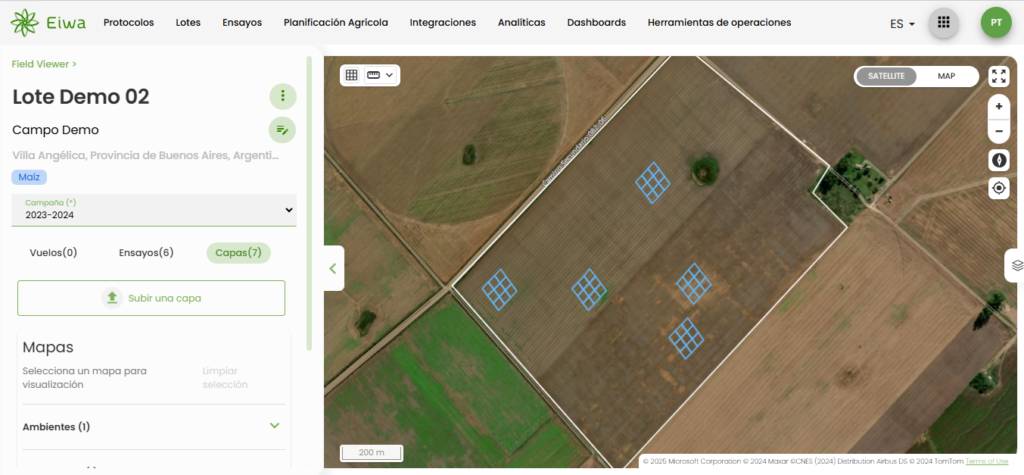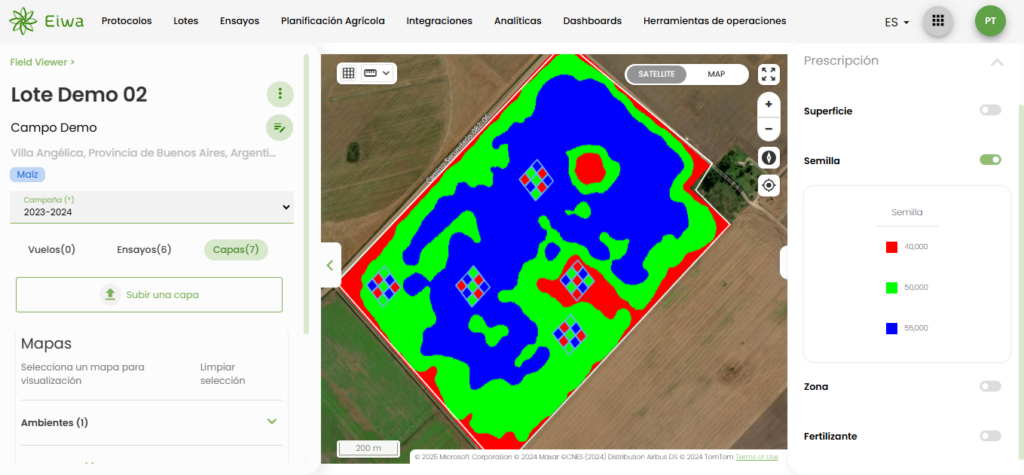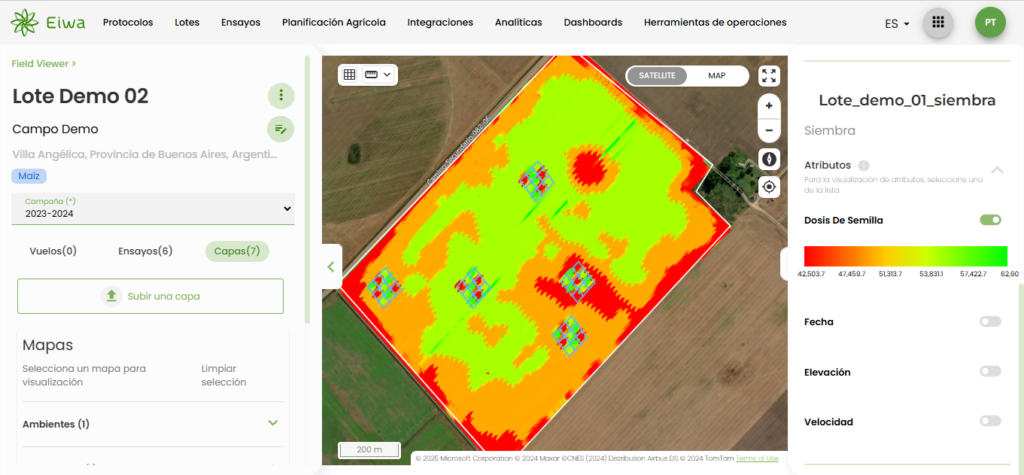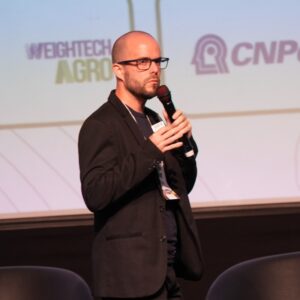
“Are you making the right decisions to maximize your farm’s potential?”
This question echoes in the minds of many farmers, especially given the limitations of traditional recommendations that may not always reflect real field conditions. On-farm experimentation emerges as a powerful solution, bringing science to the center of agricultural operations. By integrating cutting-edge technology and data-driven practices, it allows producers to validate and adjust strategies directly in their fields, ensuring more assertive decisions adapted to local realities.
Unlike traditional agricultural experimentation, which is conducted in research stations or controlled conditions often different from the farmer’s reality, on-farm experimentation focuses on capturing and exploring the variability of your field. Soils, climates, and specific management practices directly influence agricultural results, and that is why this personalized approach is so relevant. With Eiwa’s platform, planning, monitoring, and creating recommendations based on these experiments has never been so easy and efficient.

It all starts with well-structured planning. The first step is to define clear objectives: discovering the ideal fertilizer dose, evaluating different planting rates, or comparing seed varieties, for example. These objectives help guide the experiment and ensure that the results obtained are useful for decision-making. The choice of the experimental area is also critical. Selecting locations that represent the variability of the field – considering factors such as topography, soil texture, drainage, and productivity history – is essential to capture relevant information. Eiwa tools, such as productivity maps and integrated soil analyses, help identify these areas accurately and quickly.
The experimental design is another crucial point. Methods such as randomized blocks, strip trials, or split plots are widely used, always seeking the balance between simplicity and scientific robustness. Replications are essential to minimize the interference of random factors, increasing the reliability of the results. Additionally, defining an adequate number of treatments and replications avoids overloading the operation and reduces the risk of errors.
Technology plays a transformative role in on-farm experimentation. With Eiwa’s platform, farmers can visualize and analyze this information in an integrated way, identifying patterns and generating practical insights to improve management.
In addition to the use of technology, the involvement of the agricultural team is essential. Ensuring that all operators and technicians understand the objectives of the experiment and are trained to follow the protocols is fundamental to avoid deviations that compromise the results.

On-farm experimentation, when well executed, not only connects research to the real needs of the field but also transforms data into strategic decisions. With the Eiwa platform, this journey becomes simpler, more efficient, and accessible, allowing farmers to explore the full potential of their crops and make evidence-based decisions aligned with the unique conditions of their fields.

This article was written in collaboration with Dr. Guilherme Sanches (Ph.D.), a specialist in Precision Agriculture, Digital Agriculture, and Artificial Intelligence applied to agribusiness, with extensive academic and international experience.